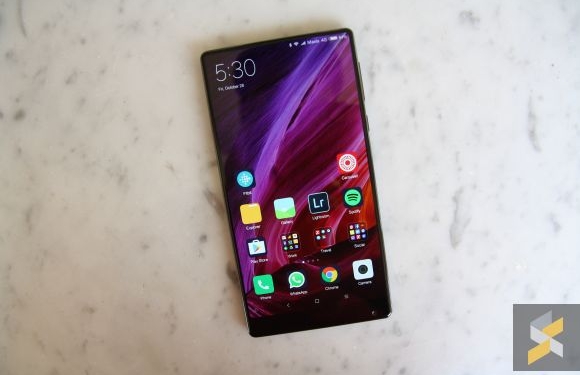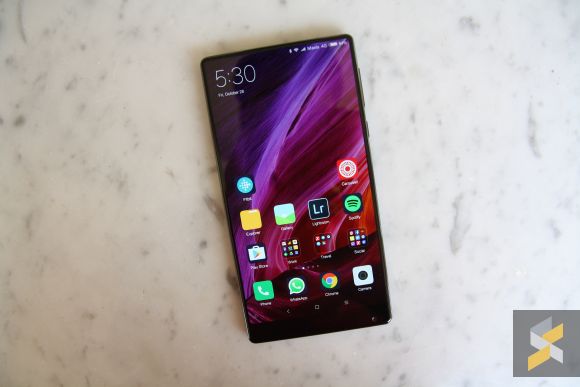The next step in Xiaomi‘s development of their mobile and smartphone business will lie in its own mobile processors. Codenamed ‘Pinecone’, after Xiaomi’s subsidiary of the same name, the company has confirmed that the new chip will be announced in Beijing on the 28th of February 2017.
Although the company has not revealed any solid specs for their upcoming processor, this development will likely be a big one for the Chinese company. In the past, smaller manufacturers like Xiaomi have been at the mercy of big chip makers like Qualcomm and MediaTek to obtain the necessary processors to power their devices.

And we can see what this can do to phone makers. Even the likes of HTC and LG have had (at least rumoured to in LG’s case) to settle for last year’s Snapdragon 821 processor instead of the Snapdragon 835 because Samsung has reportedly snapped all of them up for the S8. If Xiaomi made their own processors, they wouldn’t have to worry about this problem.
Xiaomi’s new processor is developed by subsidiary Pinecone Electronics with the help of chip maker Leadcore — a partnership that has been established since November 2014. Besides not needing to deal with third-party chip manufacturers like Qualcomm and MediaTek, making their own mobile chipsets will also afford them more control over the integration of their software into the hardware components.
This includes integrating unique features into their chipsets in the future — like Huawei did with the Kirin 960 and its machine learning algorithm — which will do wonders in helping the company stand out among its competition. By making their own processors, Xiaomi will join the likes of Apple (A chips), Huawei (Kirin) and Samsung (Exynos), possibly giving them a unique point to better compete with the big boys.
The only question is — customer confidence. With many hesitant to even spend money on phones powered by MediaTek processors (who are a big name in the mobile chipset market), especially at the high end, it may be really hard for Xiaomi to convince the general public that their own chips are as good as the likes of Qualcomm’s Snapdragon or Samsung’s Exynos.
Would you?









